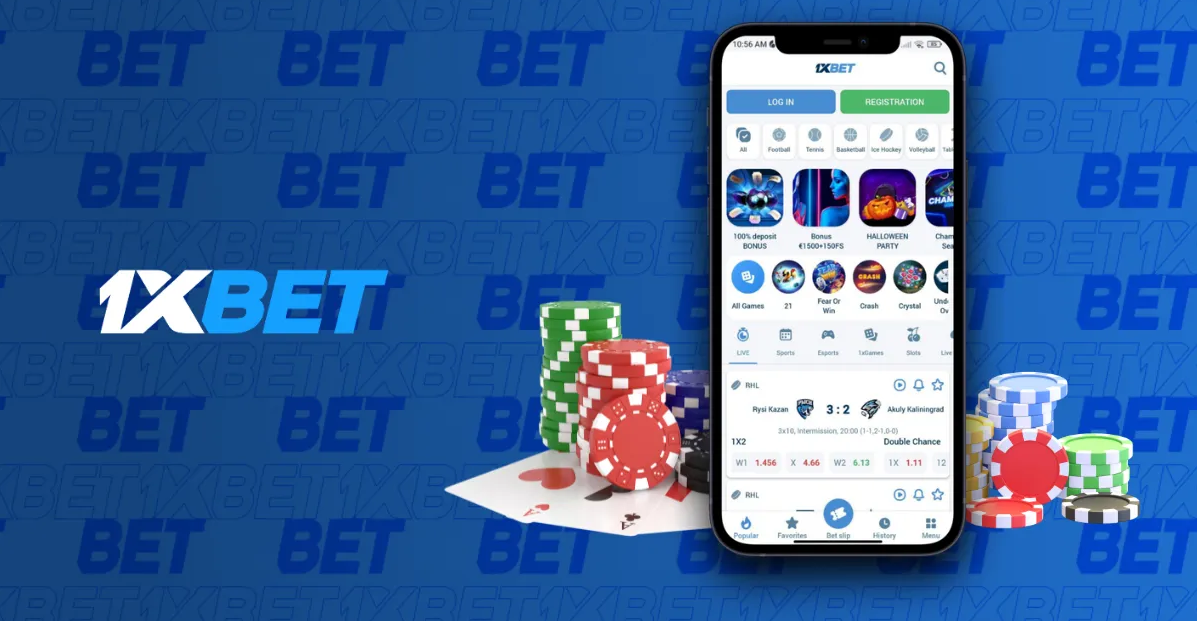
How Virtual Reality Could Transform Online Poker
As technology advances, many industries are witnessing dramatic transformations. The world of online poker, in particular, is poised for a significant makeover. Virtual reality (VR) is emerging as a game-changer, offering players an immersive experience that goes far beyond traditional online gaming. Imagine sitting at a poker table with players from around the globe as if you were in a physical casino. This article explores various aspects of how virtual reality could transform online poker, enhancing player engagement, interaction, and overall enjoyment. You might even find insights into How Virtual Reality Could Transform Online Poker where to bet on cricket as we delve deeper into the realms of online betting and virtual environments.
The Rise of Virtual Reality
Virtual reality technology has made significant advancements in recent years. With more affordable VR headsets entering the market, such as the Oculus Quest and HTC Vive, access to immersive gaming experiences is becoming easier for the average consumer. This technology creates a simulated environment where users can interact with a 3D space as if they were physically present. For poker lovers, this transformation opens up a new world of possibilities.
Immersive Poker Rooms
One of the most exciting prospects of virtual reality in online poker is the ability to create immersive poker rooms. Forget about standard interfaces with 2D representations of cards and chips. In a VR poker room, players can interact in a virtual environment, complete with realistic lighting, sounds, and animations that mimic a real-world casino setting.
Players can walk around the poker room, observe other tables, and even engage in social interactions, such as chatting with other players or engaging with dealers. These features take online poker a step closer to replicating the physical poker experience, where social interaction plays a crucial role in the game.
Enhanced Social Interactions

In traditional online poker, players often miss the social components that are integral to the game. Body language and facial expressions significantly influence how players make decisions during a game. Virtual reality can bridge this gap by allowing players to see and interpret non-verbal cues through avatars that mimic their actions.
With realistic avatars and customizable appearances, players can express their emotions—facing the push of their opponent’s bluff or celebrating a winning hand—with greater authenticity. This enhanced interaction fosters a community feel, encouraging players to connect and build relationships, even with distant opponents.
Learning and Strategy Development
For beginners, VR can revolutionize the learning curve associated with mastering poker. Training programs could leverage virtual reality to simulate various in-game scenarios, enabling players to practice their skills in a risk-free environment. Novice players could sit at a virtual table with AI opponents designed to mimic different playing styles, helping them learn strategies more effectively.
Additionally, experienced players could benefit from virtual coaching sessions within VR. These could involve real-time feedback on gameplay, allowing players to explore new strategies or refine their existing skills in a more engaging way than standard video tutorials.
Game Variety and Customization
Virtual reality can also broaden the scope of game offerings available to players. Beyond Texas Hold’em and Omaha, developers can introduce innovative poker variants that incorporate unique rules, gameplay mechanics, or themes. Imagine a futuristic or fantasy-themed poker night, where the table and cards are entirely tailored to fit the game theme.
Moreover, players could customize the aesthetics of their virtual poker rooms, aligning the experience with their tastes and preferences. Such personalization would enhance the player’s connection to the environment and make online poker more appealing overall.
Impact on Responsible Gaming

Responsible gaming is a significant concern within the online gambling industry. With virtual reality’s immersive experiences, developers can introduce mechanisms to promote responsible play. Notifications and reminders can be effectively integrated into the VR experience to help players manage their time and expenditure.
Additionally, creating environments that encourage breaks or highlight potential gambling issues could support safer playing practices. Awareness campaigns within the VR space can also heighten consciousness around responsible gaming.
Challenges and Future Considerations
While the potential benefits of virtual reality in online poker are immense, there are challenges to address before widespread adoption occurs. Technical limitations, such as internet bandwidth requirements and latency issues, must be overcome to ensure a seamless gaming experience.
Additionally, the initial investment in VR technology may deter some players. As the technology matures and becomes more affordable, it is likely that a larger audience will embrace virtual poker.
Finally, regulations surrounding online gambling will need to evolve to accommodate the new dynamics introduced by virtual reality, ensuring fair play and securing player data.
The Future of Online Poker
Looking ahead, the integration of virtual reality into online poker presents an incredible opportunity to revolutionize the gaming experience. By enhancing social interactions, expanding learning opportunities, and creating immersive environments, VR has the potential to make online poker more engaging and enjoyable than ever before.
As the technology continues to advance, poker enthusiasts may soon find themselves not just playing poker online, but fully experiencing what it feels like to be in a bustling casino atmosphere, surrounded by fellow players—all from the comfort of their own homes. The future of online poker is bright, and virtual reality could very well be the spark that lights the way.